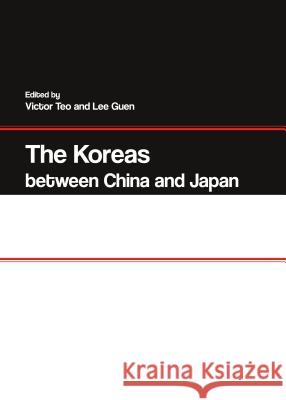The Koreas Between China and Japan » książka
The Koreas Between China and Japan
ISBN-13: 9781443860246 / Angielski / Twarda / 2014 / 230 str.
The trajectory of Sino-Japanese relations over the last two decades has left many wondering whether there were any strategic issues of importance that Beijing and Tokyo could actually agree upon. The Korean peninsula, strategically nestled between China, Japan and Russia, has traditionally been seen as a sphere of influence for the Great Powers. Avoiding all-out conflict and ensuring a nuclear-free Korean Peninsular are certainly strategic goals that both China and Japan share; yet, despite alternating between political pressure and diplomatic efforts, Japan and China have found it extremely difficult to guide the tone and direction of politics in intra-Korea affairs. Both South and North Korea have been extremely adept at fending off any perceived attempts to influence their domestic and foreign policies. Pyongyang and Seoul have shown remarkable political gumption and diplomatic skill, not only resisting Great Power influence, but even managing to advance their political agendas in this very tempestuous neighborhood. As a result, both South and North Korea punch above their strategic weight in international affairs. This collection of essays addresses different dimensions of the interaction between the Koreas, China and Japan in the 21st Century, and makes a valuable contribution to studies of these regional actors' positions in the International Relations of Asia-Pacific during the era since the end of the Korean War.











